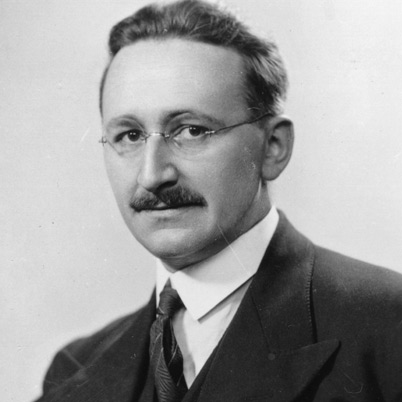Returning history to standard economics textbooks must be a key area of focus. Economics as its taught today, decontextualized from history, fails to explain the economic models appropriately and fairly.
Understanding historical context is a prerequisite for understanding economic theories. Models in general attempt to explain the relationship between one variable and another. Economic models, unlike the models that exist in the natural sciences, are highly influenced by social factors, such as political ideologies, social welfare and the interpretation of “human nature.”

A physicist’s social and political context might influence her research. It is safe to say, however, that the impact of social and political factors on economists is far more profound than on natural scientists. It becomes much easier to understand Hayek’s advocacy for limited government when you become aware of the damage done to his family by the Nazi government in Austria in the late 1930s. Of course, this realization does not undermine the legitimacy of Hayek’s idea, but studying history enables economists to understand Hayek’s ideas on a deeper level.
History also is a rich source of data for economic researchers. Economists struggle with finding data upon which to draw conclusions, simply because they cannot practically control all variables in one experiment and replicate it as easily as experiments in natural sciences. In fact, developing methods for replicating economic experiments is becoming an increasingly important field of economic inquiry.
However, given the general difficulty in replicating the results of economic experiments, economists typically seek data from similar scenarios that happened in the past. Thomas Piketty’s book Capital in the 21st Century is a perfect example of this. The book’s conclusion doesn’t rely on lab experiments or solely models mathematical manipulations ; rather it relies on 200 years of historical data about inequality, part of which was financed by The Institute for New Economic Thinking.
An economics curriculum that takes historical context into consideration indirectly makes students more critical, because it teaches them that economics science is dynamic and constantly evolving. Economics doesn’t stop at what Adam Smith said, or what John Maynard Keynes said. Rather it builds on these ideas to find fresh conclusions.
Economics students in particular need to understand this reality about their science, because in economics there is partisan hero worship of the outsized historical personalities, such as Smith for conservatives and Keynes for liberals. This dynamic is not helpful for the overall development of the field.
Forget whether economics is a science or not. If mainstream economists think it is, then they should teach students all of the variables that have shaped a model, not just the algebraic poof of it. Being an undergraduate student of economics, it is not only my demand for Greg Mankiw and others to include history in the standard economics curricula, but it is also my natural right to learn the full picture.
It is not only disadvantageous for students and society to teach us incomplete models, but it is also disrespectful to the growth of economics as a field. Until this is addressed, economics professors like Greg Mankiw can expect more students to agitate for change and eventually walk out of his class again.


